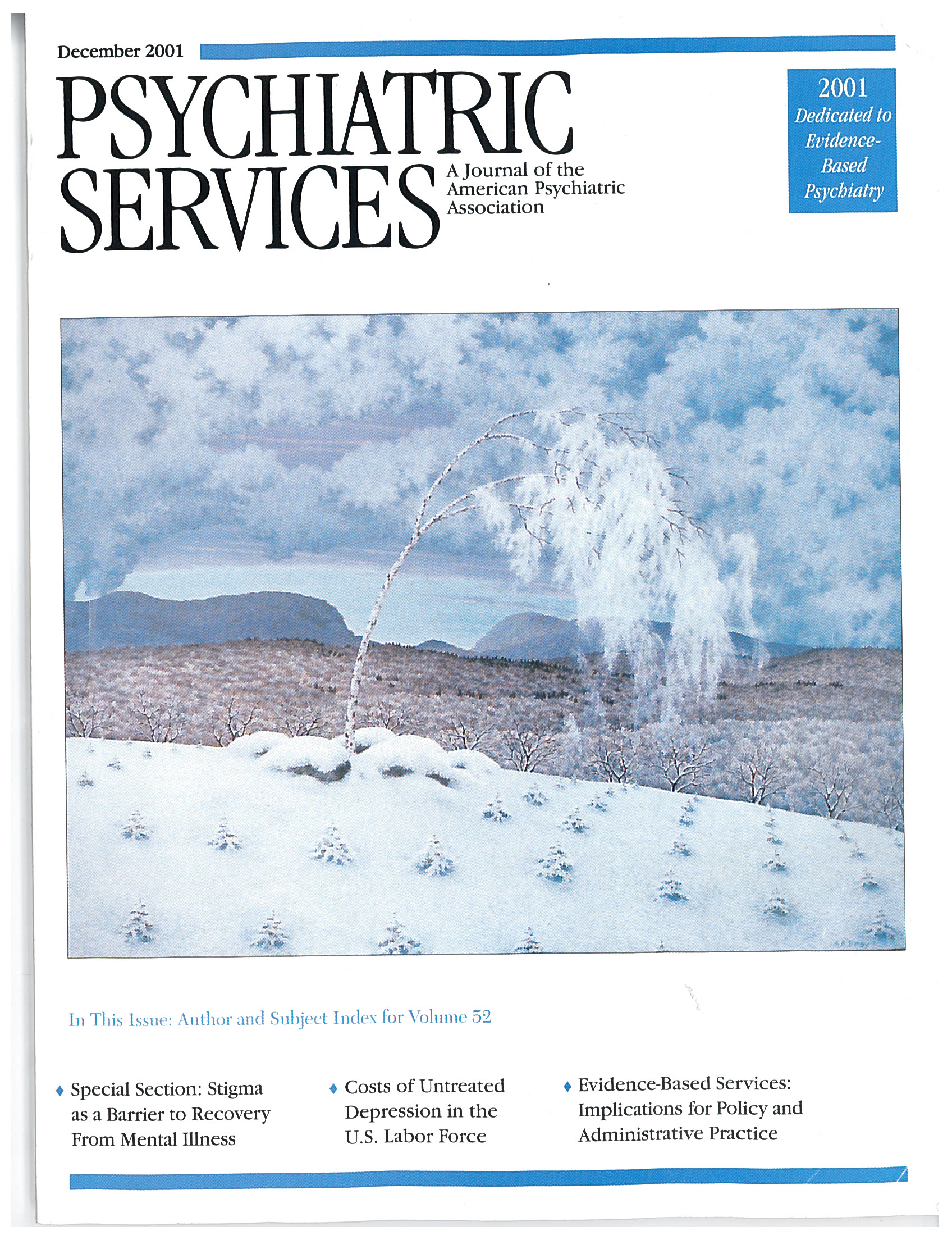Stigma as a Barrier to Recovery: The Extent to Which Caregivers Believe Most People Devalue Consumers and Their Families
Abstract
OBJECTIVE: The extent to which 461 caregivers of persons with serious mental disorders believed that most people devalue consumers and their families was assessed, and the magnitude of the relationships between these beliefs and the diagnostic status of consumers was estimated. METHODS: Caregivers of 180 consumers with schizophrenia, major depression, or bipolar disorder and caregivers of 281 consumers with bipolar disorder or schizoaffective disorder, manic type, completed a 15-item instrument comprising two scales: eight of the 15 items operationally defined the devaluation of individual consumers, and seven items operationally defined the devaluation of consumers' families. RESULTS: No significant differences were observed between the two samples on the two devaluation scales or on 14 of the 15 items that constituted the scales. About 70 percent of all caregivers indicated a belief that most people devalue consumers, and 43 percent expressed a belief that most people also devalue the families of consumers. CONCLUSIONS: Strong evidence from previous research indicates that the caregiving role is very demanding, is frequently distressing, and may be harmful to health and injurious to one's quality of life. The addition of a community that is perceived to be rejecting makes life even more difficult for the caregivers and families of people with serious mental disorders. The development and implementation of effective interventions to create more supportive and understanding communities would be a challenging and worthwhile endeavor.



